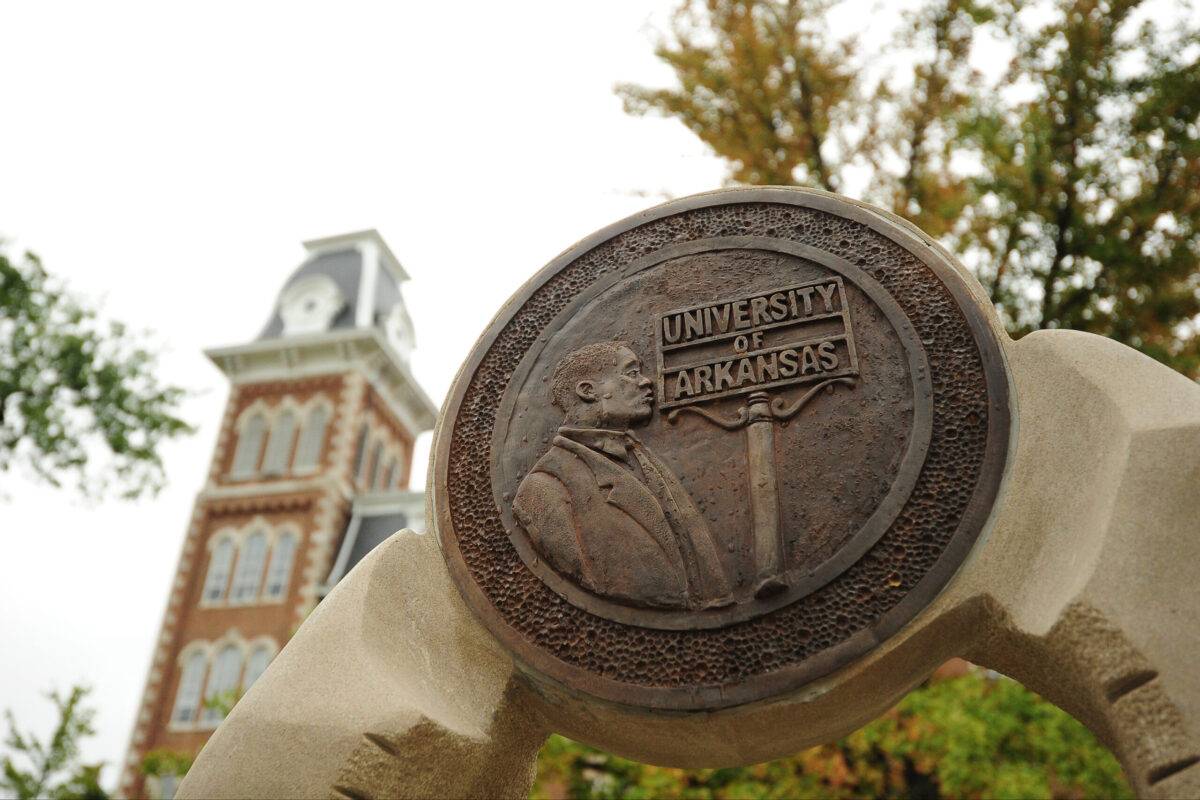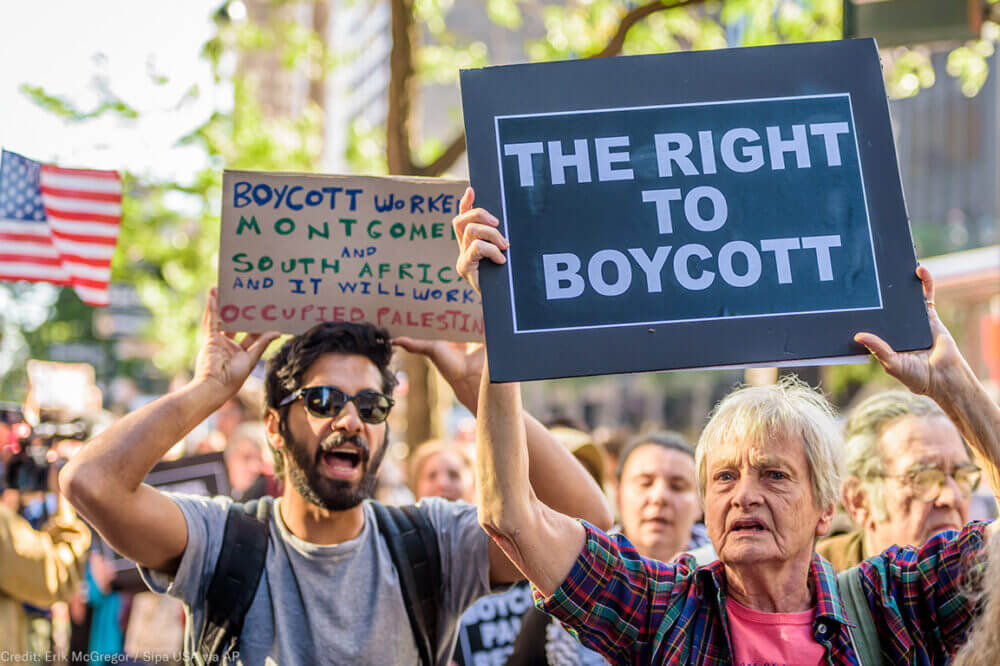When States Try to Take Away Americans’ Freedom of Thought https://www.nytimes.com/2024/01/20/opinion/campus-free-speech.html?unlocked_article_code=1.PE0.CxOG.iFNbR6ExCwkx&smid=nytcore-android-share
Tag: AK
Arkansas U. Censors Jewish Author

University of Arkansas imposes Israel ‘loyalty test’ on Jewish author and cancels event
Academic freedom is under fire in the US as Jewish author silenced for stance on Israel. American- Jewish scholar, Nathan Thrall, has faced censorship from the University of Arkansas, which…
www.middleeastmonitor.com
Arkansas pays the mensch!
Mensch goes unpaid in Arkansas
ACLU goes to SCOTUS
Good article on anti-boycott laws

Anti-boycott laws are a dystopian nightmare – Mondoweiss
Few things have as much bipartisan support in the U.S. as unconditional support for Israel. Ironically, while criticisms of the U.S. government are protected by the First Amendment, lawmakers from both sides of the aisle have made it nearly impossible to criticize Israel without facing tangible cons…
mondoweiss.net
Opinion by AK Times publisher
Noting that pro-anti-bds groups surreptitiously received funds from Israel (and should register as foreign lobbyists), and that ALEC is copying anti-boycott laws for fossil fuels and firearms!

Anti-boycott laws like Arkansas’s defy U.S. Constitution
When the anti-boycott laws first began appearing, I did not take them seriously, writing them off as just more culture war grandstanding. I was wrong. The anti-boycott laws are dangerous. They are a template that is being used against multiple targets.
arktimes.com
Arkansas – AL Jazeera viewpoint
Arkansas anti-bds law headed to SCOTUS.
| Today the Eighth Circuit Court of Appeals ruled that boycotts are not protected by the First Amendment. The ACLU has confirmed they will take the case to the Supreme Court, with huge implications for free speech and the right to boycott in the US. Our team has been following this case closely as one of the key stories chronicled in our latest film, Boycott. The case centers around an Arkansas law that requires public contractors to sign a pledge promising that they do not boycott Israel. Versions of this law have been passed in 33 states since 2016. In recent years, several Americans have challenged these laws, suing their respective states for violating their First Amendment rights. In almost every case — from Texas to Arizona to Kansas to Georgia — the plaintiffs won, with courts finding the anti-boycott laws unconstitutional. The only exception has been Arkansas, where Alan Leveritt, publisher of the Arkansas Times, is the plaintiff. Alan originally lost in District Court but when he appealed to a three-judge panel at the Eighth Circuit, he won.The State of Arkansas was then granted a re-hearing.Today, the final ruling came out against Alan with the court deciding that boycotts, even when politically motivated, are strictly economic activity and not a form of expression. Brian Hauss, the ACLU’s chief litigator in the case has said that the decision “misreads Supreme Court precedent and departs from this nation’s long standing traditions.” He expressed hope that the Supreme Court “will set things right and reaffirm the nation’s historic commitment to providing robust protection to political boycotts.” Alan believes that as a news publisher, he has a special duty to stand up for free speech rights. As he wrote in a New York Times Op-Ed: “We don’t take political positions in return for advertising. If we signed the pledge, I believe, we’d be signing away our right to freedom of conscience. And as journalists, we would be unworthy of the protections granted us under the First Amendment.” When we started filming Boycott, we understood there was a risk that the anti-boycott legislation vis-a-vis Israel could be used as a template. By the time we finished the film, this was already becoming a reality. There are now copycat bills targeting boycotts of fossil fuels, firearms and other industries. As Alan’s case heads to the Supreme Court, it is not only advocacy for Palestinian rights, the environment or gun safety that stands on the line — but our very right to protest, and to band together for collective political action. With the stakes increasingly high, we remain committed to sounding the alarm on this story, and you can help us. Share the news on social media, ask your go-to news outlet to cover this story and get in touch to organize a screening of Boycott in your community. These laws have been able to pass with such ease in large part due to the lack of public scrutiny around its origins and implications.The time to change that is now. |
| Just Vision | Sent by info@justvision.org |



